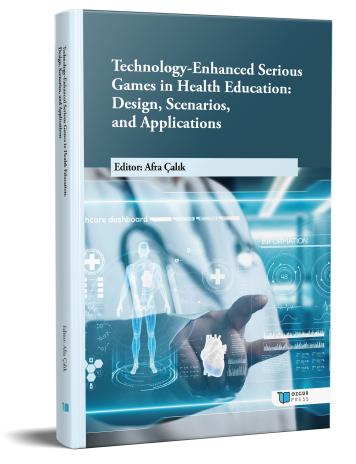
Escape Rooms Design for Health Education Case Studies
Şu kitabın bölümü:
Çalık,
A.
(ed.)
2025.
Technology-Enhanced Serious Games in Health Education: Design, Scenarios, and Applications.
Özet
This chapter examines the innovative application of escape rooms as educational tools in the health sciences, exploring their theoretical foundations, practical implementations, and evidence-based outcomes. Escape rooms have emerged as powerful pedagogical instruments that combine experiential learning with game-based approaches to address the limitations of traditional health education methods.
The chapter analyzes four main types of educational escape rooms: physical, digital, hybrid, and virtual reality-based implementations. Drawing from constructivist and experiential learning theories, evidence from multiple health disciplines demonstrates significant benefits, including increases in student motivation, enhanced collaborative learning outcomes, and strengthened clinical decision-making skills across medical education, nursing, pharmacy, physiotherapy, and veterinary medicine.
Future directions highlight emerging research opportunities in the long-term effects of learning and technological innovations. The chapter concludes that escape rooms represent a valuable addition to health education pedagogy, requiring careful planning and alignment with clear learning objectives to achieve optimal educational outcomes.

